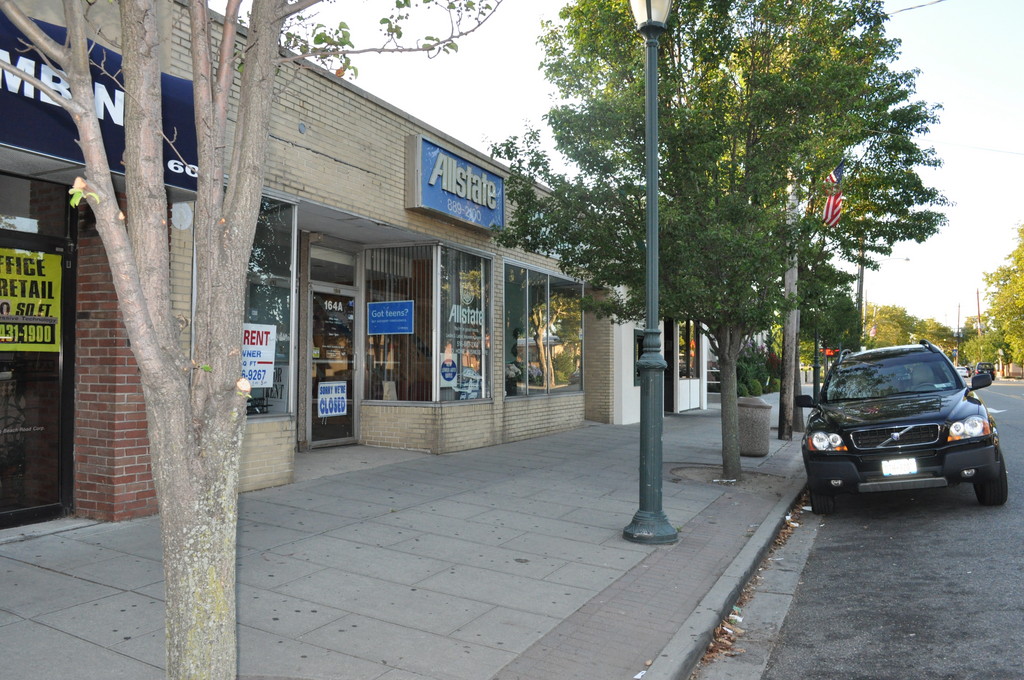Saying goodbye to Island Park?
Resident starting work to unincorporate village
Under a law passed in 2009, The New N.Y. Government Reorganization and Citizen Empowerment Act, it became easier for residents to dissolve special taxing districts in their neighborhoods, including fire districts, sanitation districts — and villages. Now one Island Park resident is looking to take advantage of that law to abolish the village.
Gary Levine was spurred on by the recently adopted 2011-12 village budget, which raises taxes by 7.8 percent. “We feel that this … tax increase for the upcoming 2011-12 fiscal year is way in excess of what could be possibly a held-line on taxes or a slight tax increase,” Levine said, but giving no clear indication of how many people supported his plan. “But 8 percent is way excessive in these economic times.”
Under the old laws, a petition to hold a referendum to dissolve a village (or any taxing entity) would need to be signed by 33 percent of registered voters. But the new bill, which was proposed by then-Attorney General Andrew Cuomo and went into effect on March 21, 2010, waters down that requirement. Now residents need only 10 percent of registered voters or a total of 5,000 — whichever is lower. In Island Park, which, according to the 2011 Census, currently has an adult population of 3,730, a petition to hold a referendum would need the signatures of only about 300 registered voters.
“The immediate goal is to null and void this 8 percent tax increase and see if the community can have more input in this budget and maybe come up with a smaller tax increase,” Levine said.
If Levine gets the requisite number of signatures on his petition, which he plans to begin circulating early this summer, the village would have to conduct a study to see what impact dissolution would have on residents before a referendum could be held. The study would be financed by the village — in other words, taxpayers.
“It would probably be, in my opinion, a waste of taxpayers’ money,” said Island Park Mayor Jim Ruzicka, who estimated that a study could cost the village about $30,000. “I really don’t think the village would go for unincorporation.”
The problem with unincorporating, Ruzicka explained, is that many of the services that the village provides residents — garbage collection, the Fire Department — would still need to be paid for. To do that, they would be turned into special taxing districts and would still be funded by residents’ taxes.
“Do we save any money? No, because your sanitation district will become a district for the Town of Hempstead, and you still have to pay for it,” Ruzicka said. “Taxpayers are still responsible for that.”
Levine acknowledged that residents would still have to pay taxes, but he said he believes that dissolving the village could save the average taxpayer about $500 a year.
While the tax increase was the major incentive for starting work on the petition — Levine said he would abandon the effort if the village managed to lower its tax increase to no more than 4 percent — it’s not the only reason.
“This is something that’s been needed for decades,” he said. “We’re now in the year 2012, as far as the village is fiscally concerned. We need to start entering that 2012 world instead of [remaining in] the 1950s, which is the way this village is currently being run.”
Later, he added, “The mode of secrecy needs to end and we need to have an open village, which can only be done by getting rid of this authoritarian dictatorship which we’re now, unfortunately, giving our money to.”
Even if it would save residents some money on their taxes, Ruzicka said, he doesn’t believe that dissolution would be approved by residents, even if there were enough signatures on a petition to hold a referendum.
“I got a feeling, talking to a lot of residents, that they like the village,” he said. “They like hands-on government. They even come to my house. You’re not going to get that from the Town of Hempstead.”






